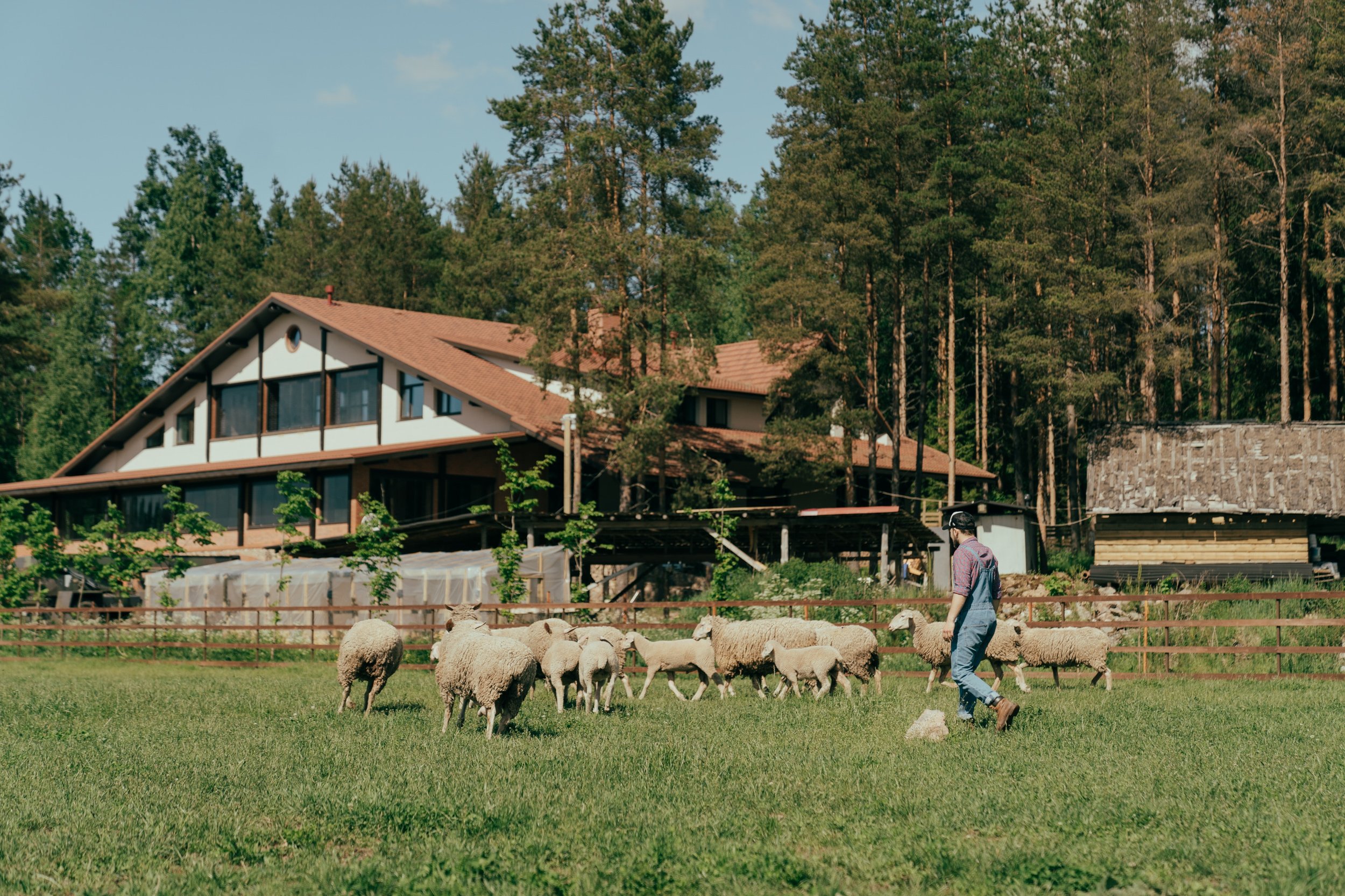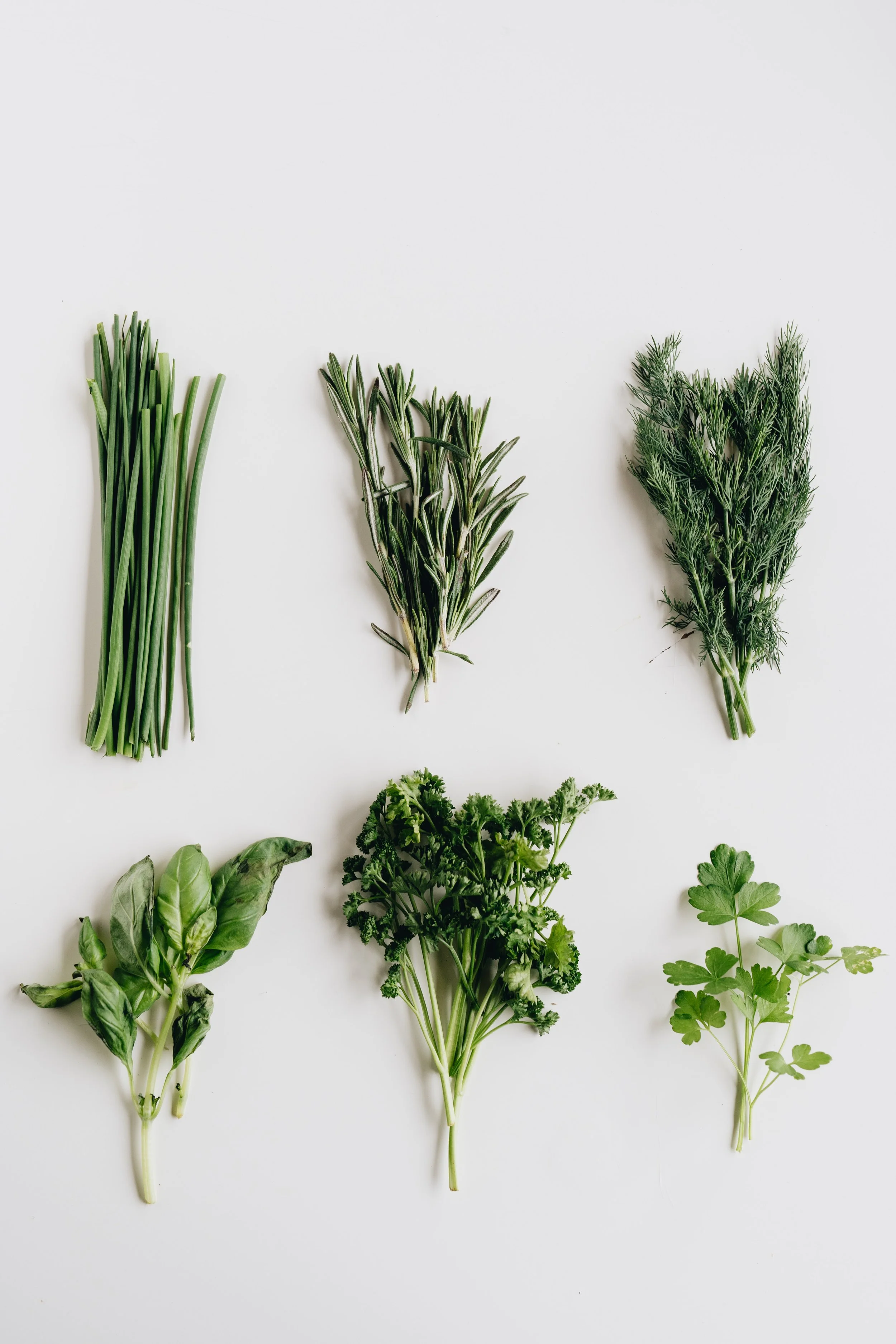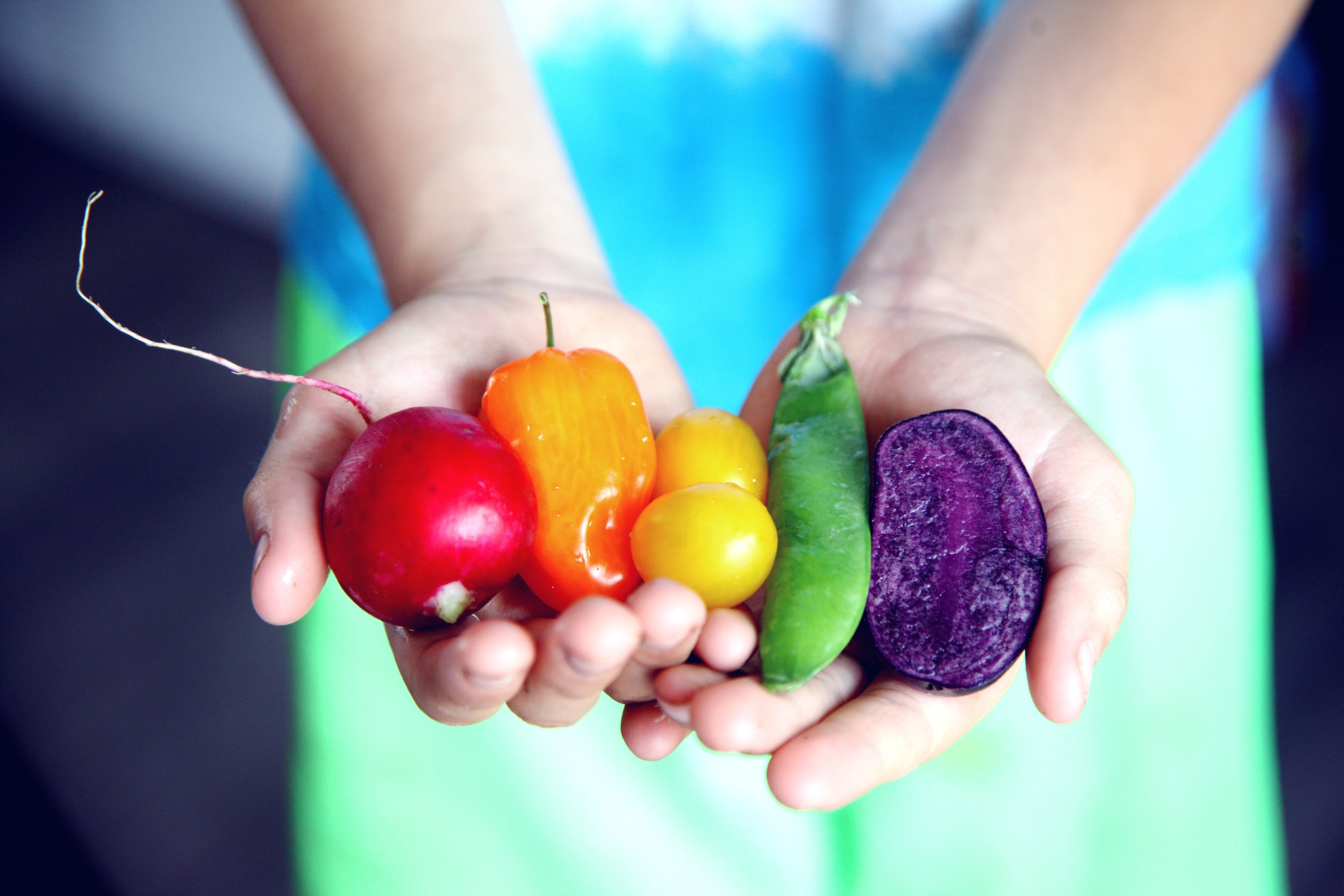How much a harvest?
As Anne Lamott said, “Expectations are resentments under construction.” Let’s address how much you can reasonably harvest from a kitchen garden so as to avoid unmet expectations.
For the average urban or suburban kitchen garden or vegetable patch, you should not be imagining the kind of harvest you would get from a massive farm. You probably don’t need or want a large mono-crop of soybeans or wheat. Also keep in mind that the appearance of the fruits and veggies that grow in your home garden will likely be different than what you purchase at the store. Large-scale producers rely on plant varietals that are bred to withstand the long shelf life they endure traveling thousands of miles to grocery stores. Home-grown veggies are usually a little smaller and/or have a little more character, but they are packing way more nutrition because you’re eating them right away.
Don’t expect this kind of return from a kitchen garden
Then there are the homestead folks on YouTube and whatnot that brag about their amazing prepper setup where they live off the grid and have meticulously disconnected themselves from the need to purchase anything at a grocery store. A homestead is a different scope than a kitchen garden. Average gardeners don’t have the means to be this hardcore (but I sure am impressed and a little jealous too).
Adjust your expectations for when to consume what you harvest. When you grab some herbs, leafy greens and/or fruits from a kitchen garden, they aren’t sprayed with all the chemicals common to mass-grown produce. Plan to consume your harvest within a day or two of picking it otherwise you’ll be disappointed when it wilts.
So what can you expect from your kitchen garden?
1) A strategically planted herb garden = quit buying fresh herbs from the store for at least six months of the year in North Texas (and more likely 8-9 months). If you’re diligent, preserve the harvest to have a supply of dried herbs year round.
2) You can grow leafy greens year-round in North Texas. The cool season will include traditional leafy greens like lettuce, kale, chard, and spinach. Hot season greens are a little more exotic: sweet potato leaves and malabar spinach. If your setup and timing are right, greens are something you can reasonably expect to mostly produce yourself.
3) Root veggies and fruiting plants are a step up: they take more space, are higher maintenance, and can be trickier to grow. This is where your production won’t be as high and you will probably need to keep supplementing your weekly produce at the farmer’s market or with a produce box. Plants like broccoli and cabbage take a long time to grow and a lot of space, so even if your timing is perfect and you meticulously stagger your plantings, the amount of space you would need to have a steady supply of these veggies is a barrier in and of itself. Expect to harvest modest handfuls of fruits and a couple root veggies every week or two - enough to supplement what you’re cooking up in your kitchen but probably not enough to feed an army.
Reasonable expectations of a kitchen garden boost your joy when you get out there and harvest fresh food. And maybe you’ll love it so much, you’ll start finding reasons to expand your garden like I did so I could grow more root veggies and fruiting plants and enjoy an even bigger harvest. But even with an expansion, I still subscribe to a local organically grown produce box from the folks who have much bigger operations than I can fit into my little suburban side yard. If you’re in the Lewisville/Flower Mound area, I love the produce from both Naturally Grown Farms and from Sapling Farms. I also get a lot of my meat and cheese from Off the Farm Foods. Until I buy myself a homestead and some chickens, these are the places I’m eating from, with some lovely supplements from my own kitchen garden.
#gardeninggoals #gardencoach #gardendesigners #gardeningknowhow #lewisville #flowermound #gardening #organicgardening #vegetablegarden #kitchengarden





